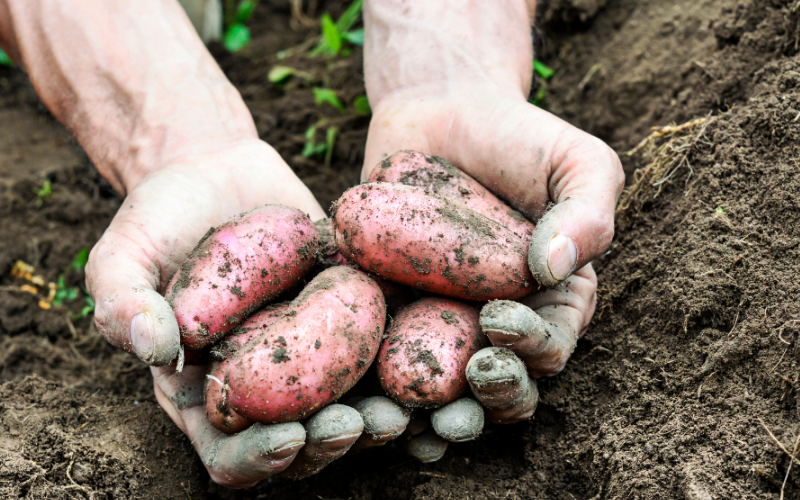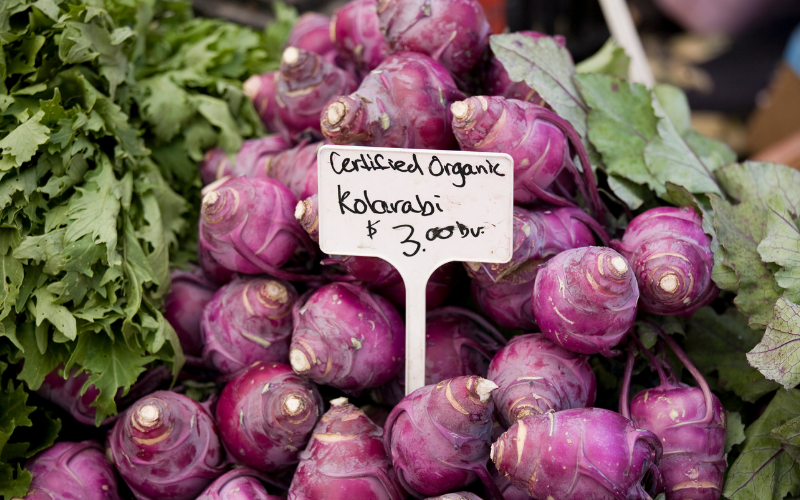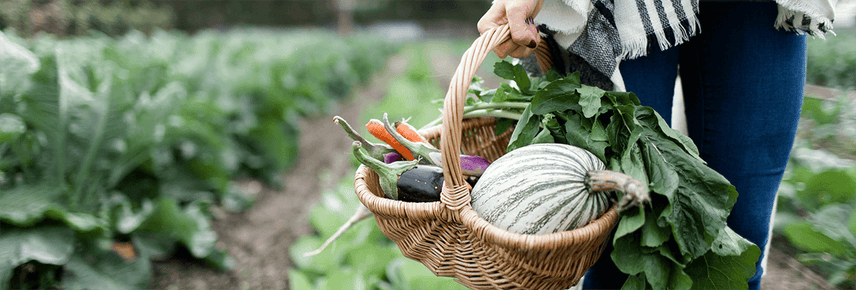There are now more organic products than ever before. But what does 'organic' mean, and what are the real benefits?
What is organic?
The term 'organic' is generally used to describe foods grown without artificial pesticides, artificial fertilisers, hormones or antibiotics. Organic farmers use techniques that promote environmentally sustainable farming and prioritise animal welfare.
You can now pretty much get anything organic – from foods including fruits, vegetables, nuts, grains, cereals, meat, dairy foods, oils, coffee, wine and packaged foods as well as wool, fabrics and cosmetics.
What are the nutritional benefits?
While there appears to be no real differences in vitamin and mineral content between organic and conventional foods, organic produce does appear to have substantially higher concentrations of antioxidants and phytochemicals.
This is because antioxidants are part of a plant’s protective mechanism. When less pesticides are used, plants will produce higher amounts of their own antioxidants for protection.
Organic produce and animal products may also reduce your exposure to pesticides and antibiotic-resistant bacteria. In fact, one study showed that being on an organic diet for one week lowered exposure to pesticides by up to 90 per cent.
What are the environmental benefits?
Organic foods can be better for the environment as they don’t use any artificial pesticides, herbicides and fertilisers which can cause harm to surrounding soil and water ecosystems.
Organic farms can also potentially be more energy efficient and produce less waste than conventional farms.
Does organic taste better?
There's a small amount of research to suggest that organic foods can taste better. While this may vary from person to person, both conventional and organic produce tastes great when it's fresh and in season.
Why is organic food more expensive?
Organic food products can cost up to 40% more than comparable conventional products. Some of the reasons include:
initial set-up costs for farmers
cost of certification
higher transport costs because of the need to keep organic and conventional produce separate as well as smaller volumes
more wastage due to the shorter shelf life of some products
potentially more labour time involved to meet organic requirements, for example ensuring soil fertility by rotating crops, removing weeds and pests physically or mechanically, and providing organic livestock with access to the outdoors.
Check the label
Just because it says it’s organic, this doesn’t mean it is. When buying organic, make sure the product is certified with a recognised Australian, New Zealand or international certifier.
The Australian National Standard for Organics also points out that when reading organic labels:
100% Organic - means that all ingredients are organic
Organic - that at least 95% of all ingredients are organic
Made with Organic - that at least 70% of the ingredients are organic.
Many food items will indicate which ingredients are organic on their ingredients list. So check your product and ingredients so that you’re not paying extra unnecessarily.
Some practical tips
Fresh first
Fresh, conventionally grown fruits and vegetables are more nutritious than imported, old organic produce. If you only have the choice between old organic carrots and fresh conventionally grown ones, buy the conventional produce and give it a good wash at home.
Daily goal
Most Australians and New Zealanders don't meet the current daily recommendations of two serves of fruits and five serves of vegetables. If this is you, focus on achieving this important goal first.
Certified growers
If you choose to buy organic, make sure it's authentic by choosing produce from certified organic farmers and growers.
Wash it off
All fruits and vegetables should be washed before use as they all carry some pesticides.
If you eat meat
If you do eat meat and chicken, it's a good idea to trim the fat and remove the skin. Not only is this a way to reduce the amount of saturated fat you're eating, but it's where the majority of the antibiotics are retained.
Organic doesn’t always mean healthier
Processed organic foods, such as muesli bars, biscuits and sugary cereals may still contain a lot of sugar and fat. Having an 'organic' symbol doesn't mean a product is necessarily good for you!
Grow your own
Finally, if you really want tasty, pesticide-free fruits and vegetables, try growing your own. It's much kinder on your budget and can be a great project for the whole family.
.png?width=826&height=350&format=png&quality=95)

)


